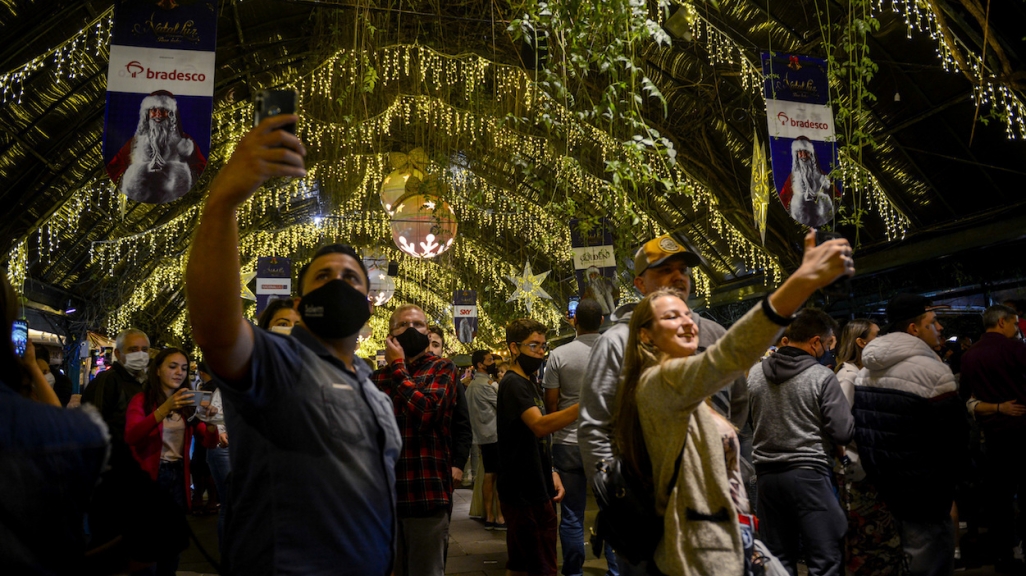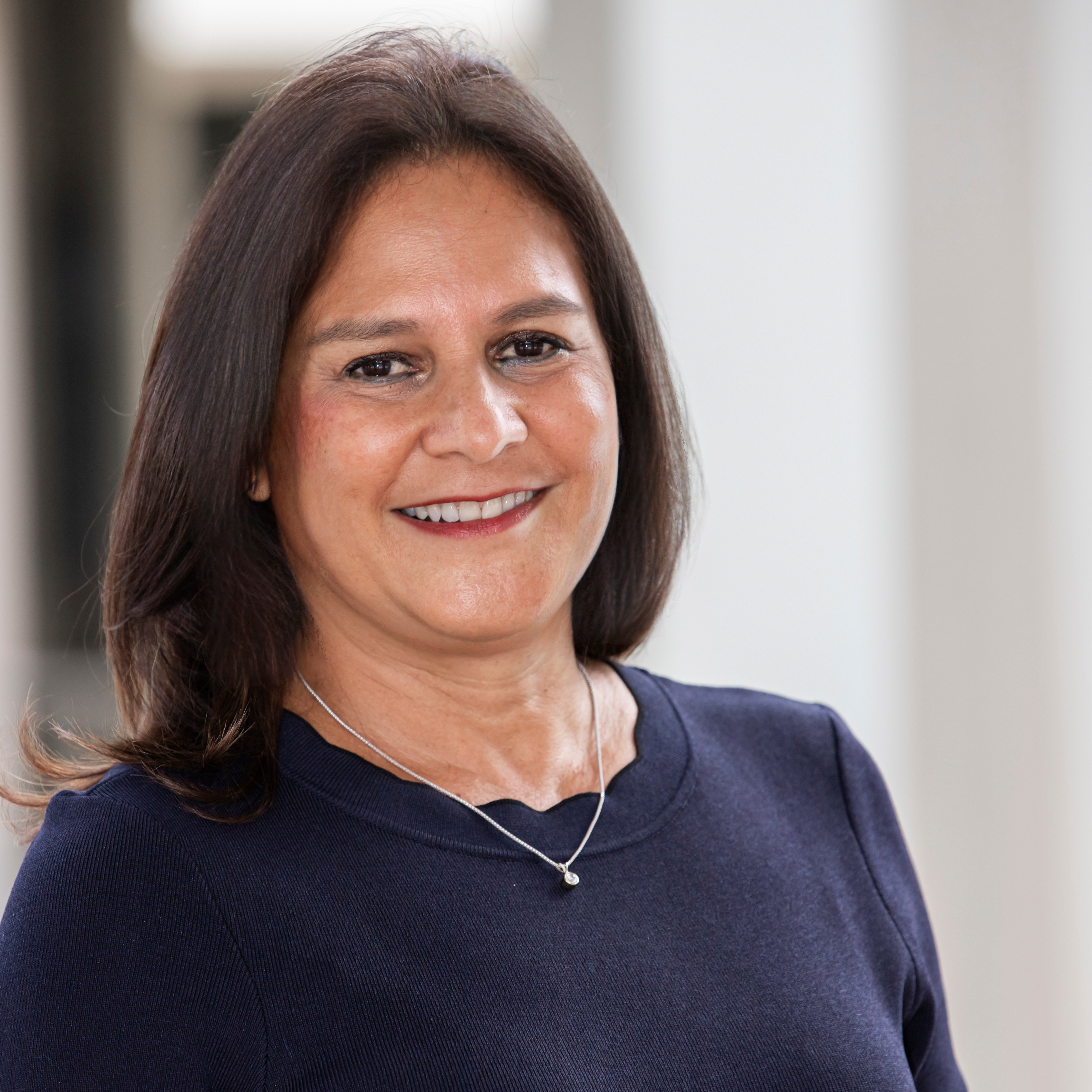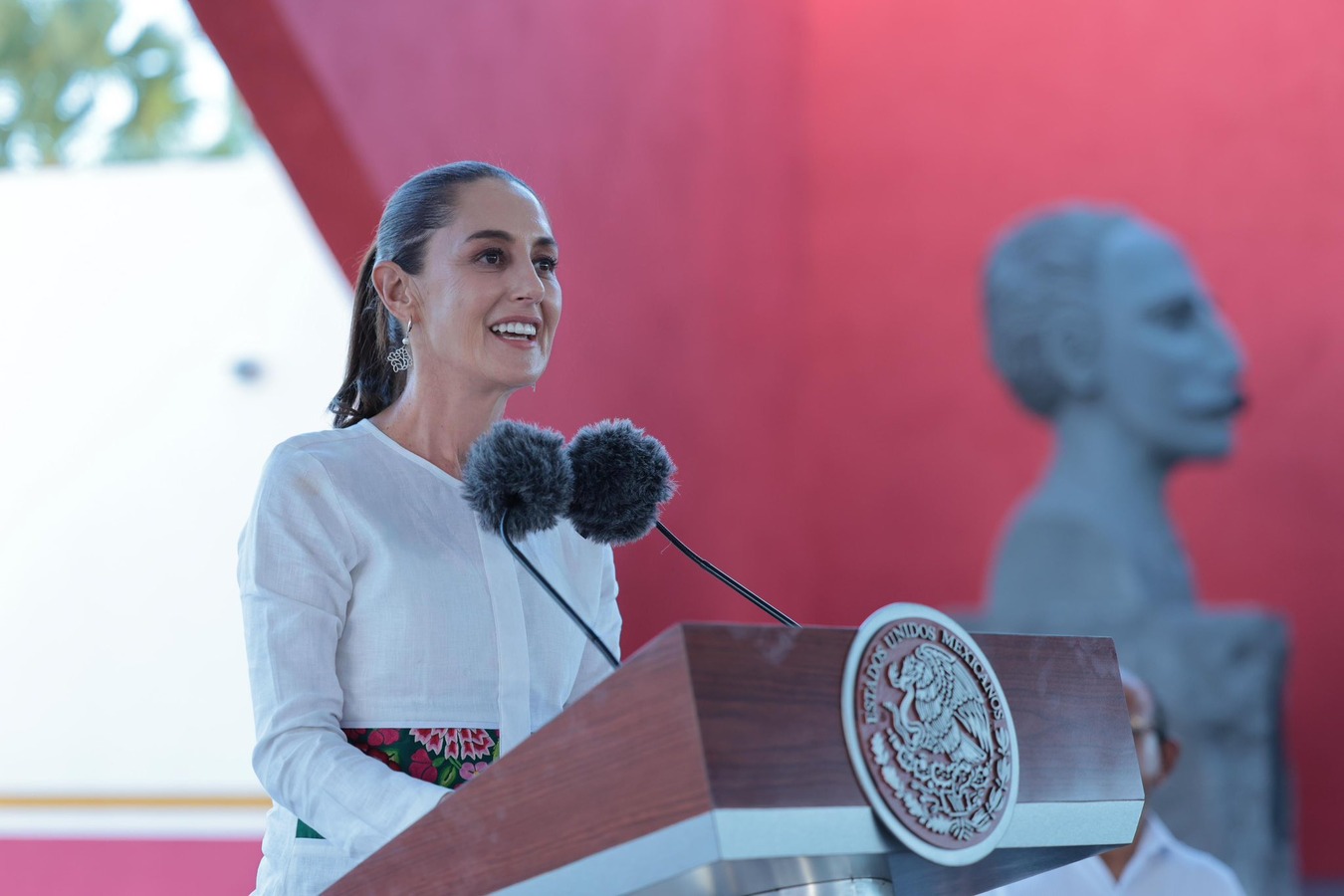LatAm in Focus: Three Stories You May Have Missed in 2021
LatAm in Focus: Three Stories You May Have Missed in 2021
2021 meant U.S. ambassadorial vacancies to Latin America, scores of refugees to Mexico, and record cargo through the Panama Canal.
As we close out 2021, the pandemic continues to be the story dominating headlines. But at AS/COA Online, we’re rounding out the year by looking at some non-Covid stories you may have missed. We start with a segment that explores why absence doesn’t necessarily make the heart grow fonder.
Eleven months into President Biden’s term, only about half of ambassador-level posts in the Bureau of Western Hemisphere Affairs (WHA) are filled. Just before breaking for Christmas, the U.S. Senate finally made a deal that ended a block on more than three dozen nominees, with Argentina, Costa Rica, and Paraguay seeing slots get filled. But other posts from Panama to Uruguay remain in limbo. Chile has gone practically four years with no ambassador at all, while Brazil, Latin America’s biggest economy, doesn’t even have a nominee yet. A lack of leadership at an embassy might not affect visa and citizen services, but vacancies hamper Washington’s ability to engage on issues of cooperation, like trade and pandemic response.
“If you’re the country in question, you begin to wonder, well, maybe the United States doesn't want that close of relationship with us at all,” says AS/COA Vice President Eric Farnsworth. “And to the extent there are alternatives—namely China, but others as well around the world—then perhaps you begin to wonder, well, maybe we should have a closer relationship with some of those countries who will value us more,” the former State Department and White House official tells AS/COA Online’s Holly K. Sonneland in a segment that also delves into why building regional ties is crucial in the pandemic era, especially as countries in the Americas seek to rebuild their economies.
Next up, we look at a need to change a broken narrative around Mexico and migrants. Less than a decade ago, the number of people seeking asylum in Mexico barely broke 1,000. But this year, by the end November, 123,000 people had done so—a 9,000 percent increase. Meanwhile, the pandemic and the rise of a remote workforce is leading entrepreneurs and digital nomads to set up shop in Mexico.
These developments are raising questions about whether Mexico should adopt a more open approach to immigration. This could result in reforming the legislation that limits the number of foreigners working in a Mexican company to 10 percent or by increasing funding for refugee services for job placement, among other things.
Axel Cabrera and Pedro Casas Alatriste, fellows at the U.S.-Mexico Foundation, tell AS/COA Online Editor-on-Chief Carin Zissis about their immigration research calling for “more openings, fewer barriers” that looks at how taking such steps could be a boom for Mexico’s economy and entrepreneurial ecosystem. “You will never grow as fast in the world of ideas and innovation than by attracting those who already know how to do stuff and how to implement it,” says Casas Alatriste. Cabrera points out that Kavak, the first Mexican startup to become a unicorn, was founded by Venezuelans, adding: “We truly think that a more diverse country will create better benefits both culturally and socially and—why not?—economically as well.”
In our final segment, we look at a problem dogging everything from car purchases to holiday gift deliveries. It’s, of course, disruptions to the global supply chain, which has plagued 2021. How did this affect Latin America’s busiest waterway, the Panama Canal?
“We have been disrupted to a degree, but we definitely have seen a surge in cargo coming through the Canal,” says Ilya Espino de Marotta, the Panama Canal’s deputy administrator, to AS/COA Online’s Chase Harrison. Thanks to a 2016 expansion that Espino de Marotta played a key role in, the Canal can now handle 500 million tons of cargo per year. However, Espino de Marotta explains that something aside from the pandemic can be a disruptive force: climate change. After all, more frequent droughts and extreme storms present challenges for a waterway that depends on rainfall. “Even though we have two big oceans on either side of the canal, it does not help us, and we've seen a decline on precipitation in the latest years,” she says. Espino de Marotta also covers the Authority’s efforts to promote responsible water use and achieve carbon neutrality by 2030.
Latin America in Focus is wrapping up its fifth year in production, and we want to thank our ever-growing audience for tuning in and giving us your time. If this is your first time listening, check out a Spotify playlist of our most popular episodes of 2021 for a look at the wide breadth of regional topics we cover.
New to the podcast? Check out past episodes of Latin America in Focus and subscribe on Amazon Music, Apple Podcasts, Google Podcasts, Soundcloud, Spotify, and Stitcher.
Sophia Mancilla produced this episode. The music in this podcast was performed at Americas Society in New York. Learn more about upcoming concerts at musicoftheamericas.org.












